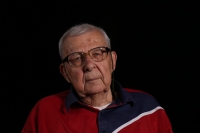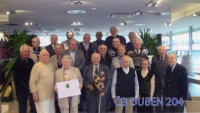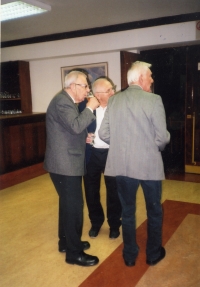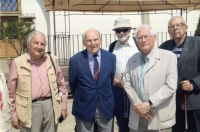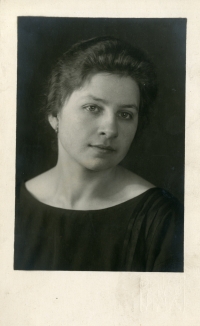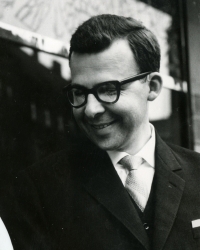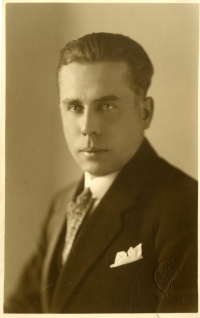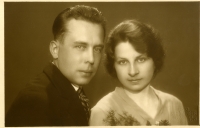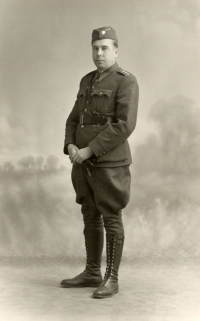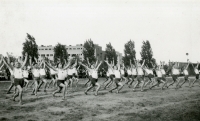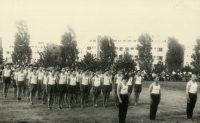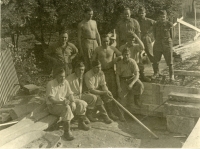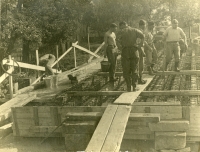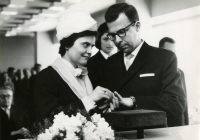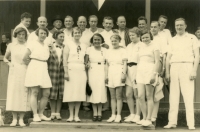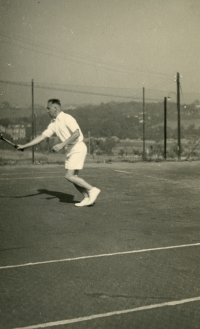We never felt reluctant to work for PTP. We knew that what we did would serve the people
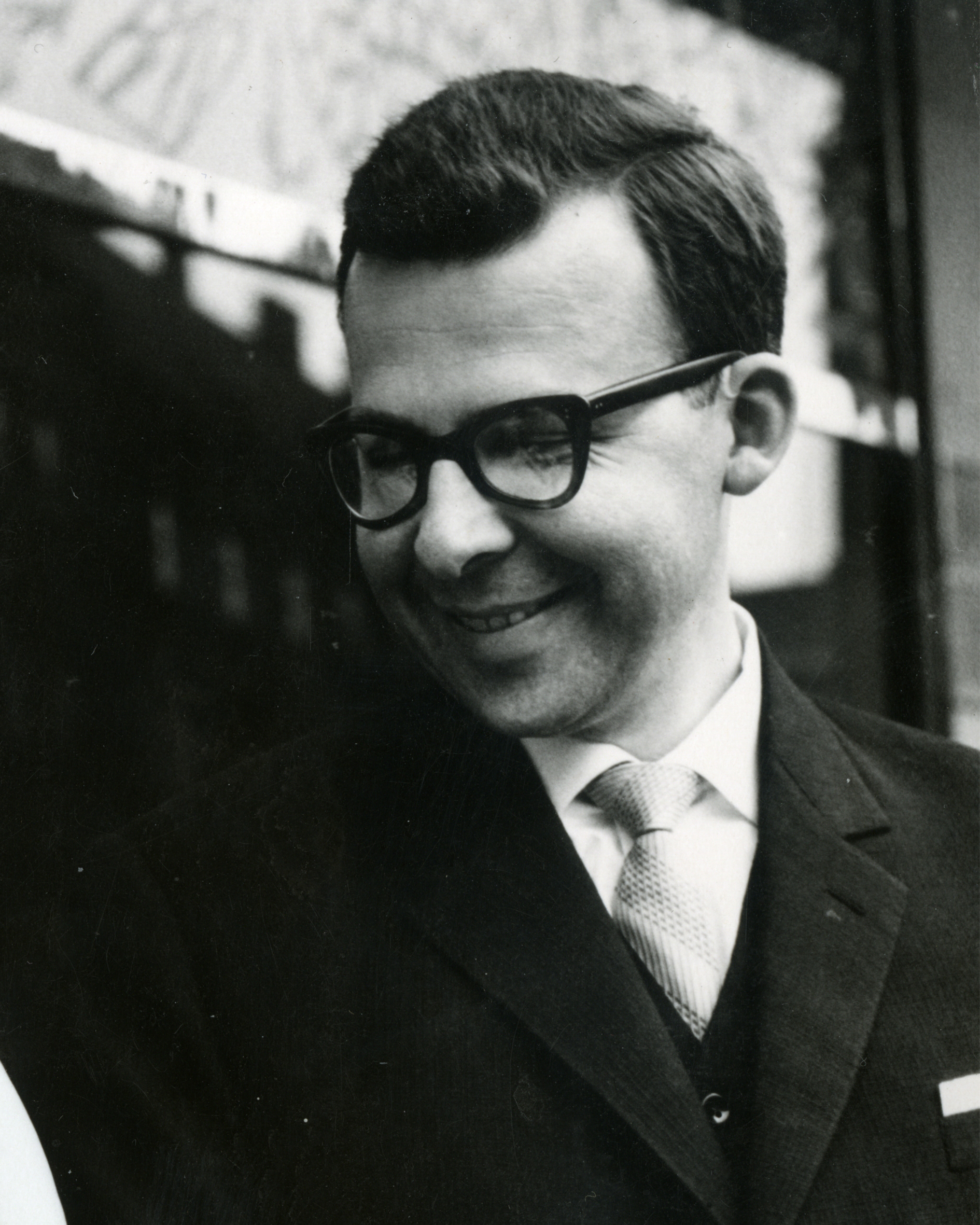
Download image
Jaroslav Müller was born on October 1, 1930, in Prague. He spent most of his childhood in Břevnov, where, before the war, he attended the local Sokol organization. After 1945, he became a member of the renewed 109th Scout Division in Dejvice, where, under the leadership of one of the advisers, he joined a secret anti-state conspiracy. After graduating in 1949, he managed to study Polish and Russian studies at the Department of Philology, Faculty of Arts, Charles University. In the fourth year, however, his postponement of compulsory military service was cancelled without explanation and he had to enlist in the PTP. He then spent a year working hard on the Milovice water supply system for a unit with black linings and was subsequently transferred to Slovakia to do masonry work. After returning from the war, thanks to the then Vice-Rector of Charles University Krejci, he managed to re-enter his studies. Two years later he graduated and obtained a position at the Department of Languages of the University of Railways. However, he spent most of his career as a translator at the State Pedagogical Publishing House, only in the years 1964-1968 he worked at the Polish embassy. In January 1990, he interpreted for Václav Havel on his first trip to Poland.
